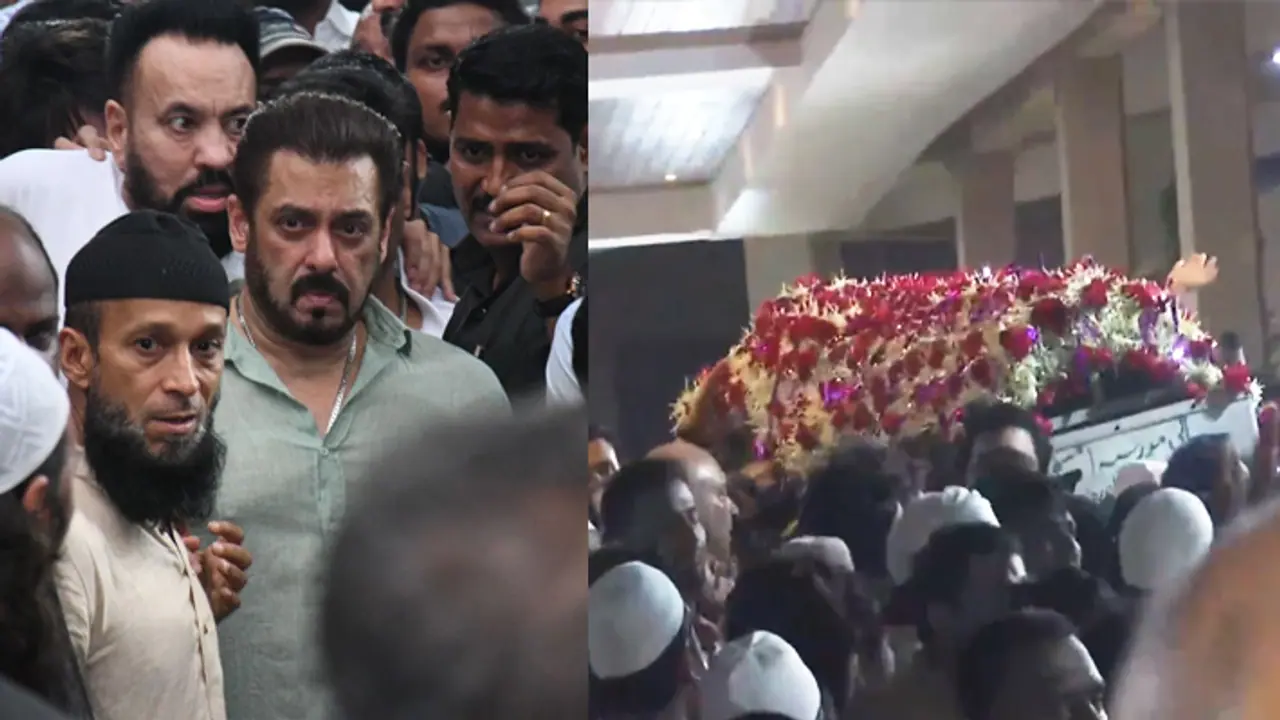While ossification tests are often used in legal cases, particularly to resolve age-related disputes, they are not considered entirely accurate. The degree of bone development can vary from person to person, and environmental factors can also affect bone growth.
Dharmaraj Kashyap, one of the accused in the murder case of Nationalist Congress Party (NCP) leader Baba Siddique, underwent an ossification test to determine his age. It is reportedly said that Kashyap had claimed he was a minor, but the results of the test disproved his claim, revealing that he is an adult.

In the court, Kashyap argued that he was 17 years old, thus seeking to be treated as a juvenile. However, official documents, including his Aadhar card, listed his age as 19. To resolve the conflicting claims, the court ordered an ossification test—a medical procedure commonly used to estimate an individual's age based on bone development.
Baba Siddique Murder: What was the reason? Politics, business rivalry, or underworld?
After the test results were submitted to Mumbai's Esplanade court, it was confirmed that Kashyap is an adult. Consequently, he was sent to police custody until October 21.
What is an ossification test?
An ossification test is a medical procedure that examines the development and fusion of bones to estimate a person's age. Certain bones in the body, such as the clavicle, pelvis, and sternum, undergo specific changes at different stages of a person's growth, making them useful markers for age determination.
X-rays are taken to assess how far these bones have progressed in terms of ossification—the process by which bones harden and fuse over time.
While ossification tests are often used in legal cases, particularly to resolve age-related disputes, they are not considered entirely accurate. The degree of bone development can vary from person to person, and environmental factors can also affect bone growth.
Sahara Desert flooded for 1st time in 50 years after rare rainfall
Despite being widely used in courts, ossification tests are not deemed conclusive by legal authorities. The Supreme Court of India ruled that while these tests can be a useful tool in determining age, they should not be regarded as definitive evidence. The court has noted that other factors should be considered when assessing an individual's age in legal proceedings.
